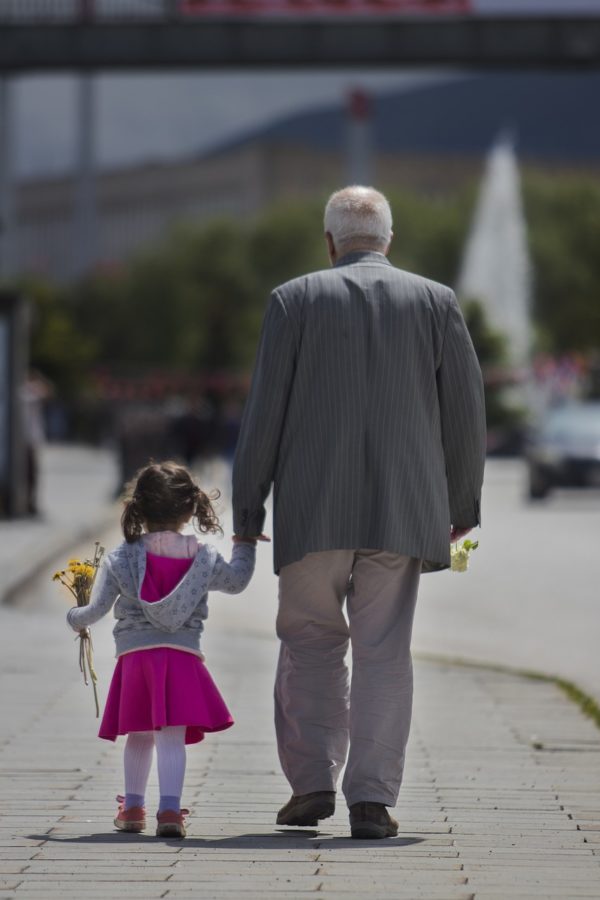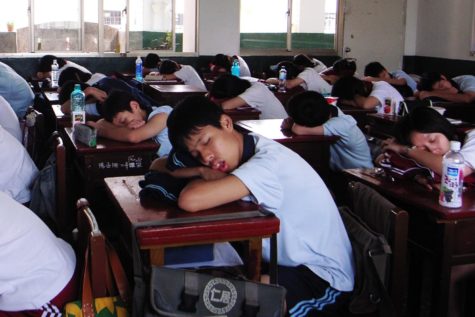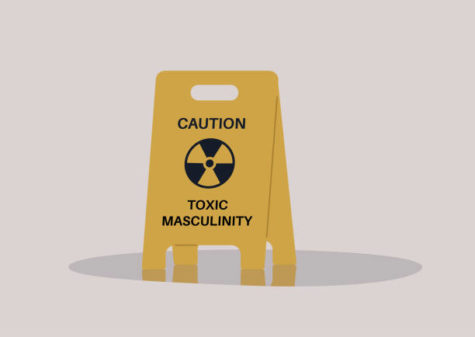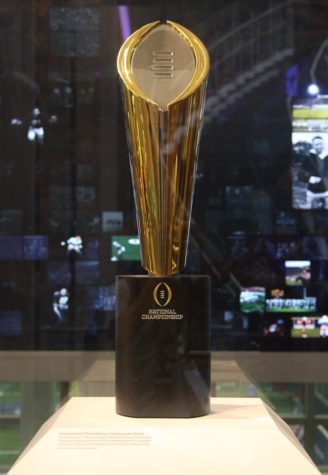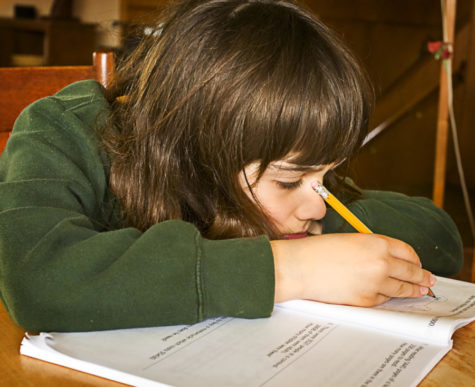Is your parenting too much? Or is your parenting, not enough? Some kids would say that their parents are too harsh and that they need to “leave them alone”. Parents tend to have the hardest time parenting when their child(ren) either reaches their teens or even when their teen reaches high school. Some parents don’t know whether they are being too nice, too mean, or whatever they say does not reach the teen’s mind.
This happens because teens’ minds change a lot throughout their teenage years. Some parents know how to handle it better than others. But what are they doing right, or what are they doing wrong? When it comes to parenting and friendship, there is no one-size fits all. Most parents find that they must adapt their parenting style to fit the individual needs of each of their children. That said, you are better off focusing on being a good parent rather than being a good friend. Of course, as your child gets older, your relationship will change somewhat and you can invite them into some of the decision-making and do more friend-like things with them. But remember, being a parent is a special honor.
One thing to think about is deciding if you should be your kid’s best friend or stay a parent. “Best-friend parenting is a form of childhood overindulgence. It overindulges children in all three ways: too much, over-nurture, and soft structure. Best-friend parents buy everything for their children: too much. They want to protect their children by keeping them home as long as they can and catering to their every desire: over-nurture. They do not set limits or enforce rules: soft structure. Further, our research shows that overdoing harms children, and they, too, are more likely to become less effective parents when they grow up.” quoted by David J Bredehoft Ph.D.
It is good to be friendly towards your child but not like a best friend
some teens will take advantage of that, but other teens actually appreciate that because school can get hard, so it is good to have a healthy home so they get a break. “When parents lose their authority because they are now on the same level as their child, kids can become anxious and unsettled. They need reassurance from you that you love them, you are in control, and you will protect them. Trying to be a friend strips away that picture of you as protector and guardian and eliminates one of the most important support networks in their life.” “ Instead, kids need parents to draw lines in the sand, say no to things, and offer advice. Yes, your child may get angry or upset and they may complain that you’re the worst parent ever, but in the end, you are doing what’s best for them, and setting limits where they need them.” All stated by Sherri Gordon. Parents have to have an understanding between being a parent and a friend-parents, because once a parent becomes too friendly then that teen feels like they have no authority.
Your child is not your friend
Parenting can be stressful, only 2% of children have parents who say they are not handling the demands of parenting well. About sharing ideas and talking about things that matter, most parents of teens (age 14-17) feel they do this somewhat well or very well; only 6% feel they cannot talk well. Time spent with siblings is also important to teens’ happiness, especially in bad households. In single-parent and stepparent families, older siblings may be important to teens’ emotional well-being.
“You may think your child will like you more if you’re their friend. You may think they’ll trust you more. But here’s the problem. They may not respect your authority as a result. Teens may not listen to the word “no” because you never used it or taught them how to deal with it. They may not even want you as a friend. When I was a teen, I sure didn’t want to hang out with my parents, and that’s okay. In the end, you can’t fix your childhood through your child,” as stated by James Lehman, MSW. The key is to have a
responsible relationship with your child. Responsible adults don’t let their children skip their homework, they don’t let their children make excuses for failure, and they don’t bad-mouth the teachers. That’s the type of relationship you need to have with your child. It’s called being a responsible adult; an adult who loves their child and, at the same time, holds their child accountable. Effective parenting.
Risks of being your teen’s friend
Many parents think that if they are friends with their child that parenting will be easier—that their child will do what they want because they are friends. But in reality, trying to be your child’s friend is confusing for a child. Boundaries and rules make kids feel safe, but if you are trying to be your child’s friend it’s likely you aren’t giving them many rules or guidelines and this can create issues. Kids have enough fear and anxiety of their own to deal with. Don’t use your child as a confidant to share your problems. Instead, use your spouse or an adult friend. That’s more effective and appropriate. The truth is that children and adults have different notions about what they need to do. They have different notions about right and wrong and priorities. But that’s not a recipe for friendship.
Parents tend to have the hardest time parenting when their child(ren) either reaches their teens or even when their teen reaches high school. Some parents don’t know whether they are being too nice, too mean, or whatever they say does not reach the teen’s mind. You can be friendly towards your teen but not too friendly to the point where your teen feels as if there is no authority in the teen’s life. There is a fine line between being a parent and a friend parent.
